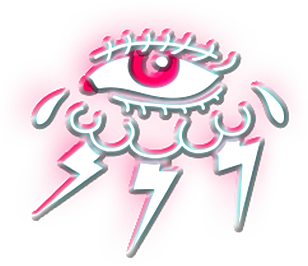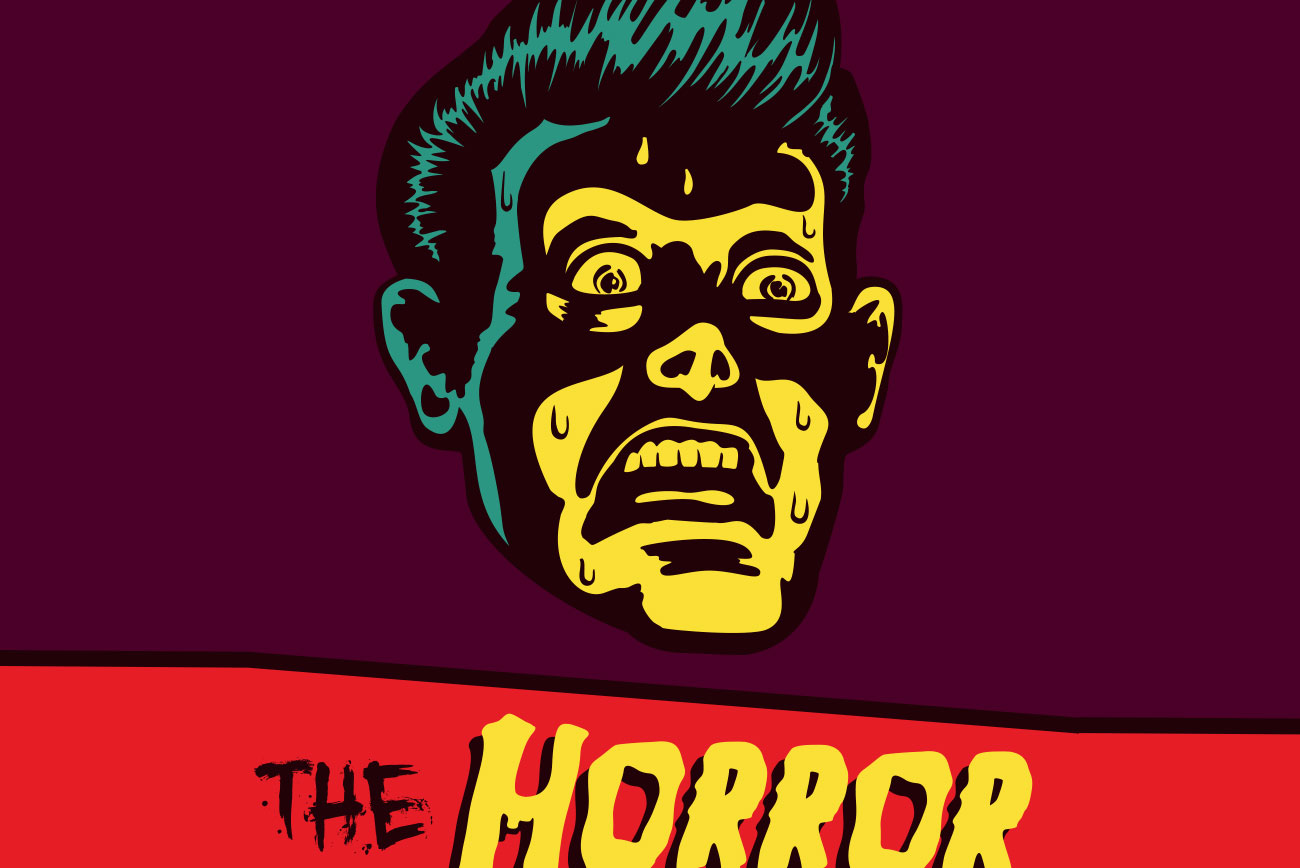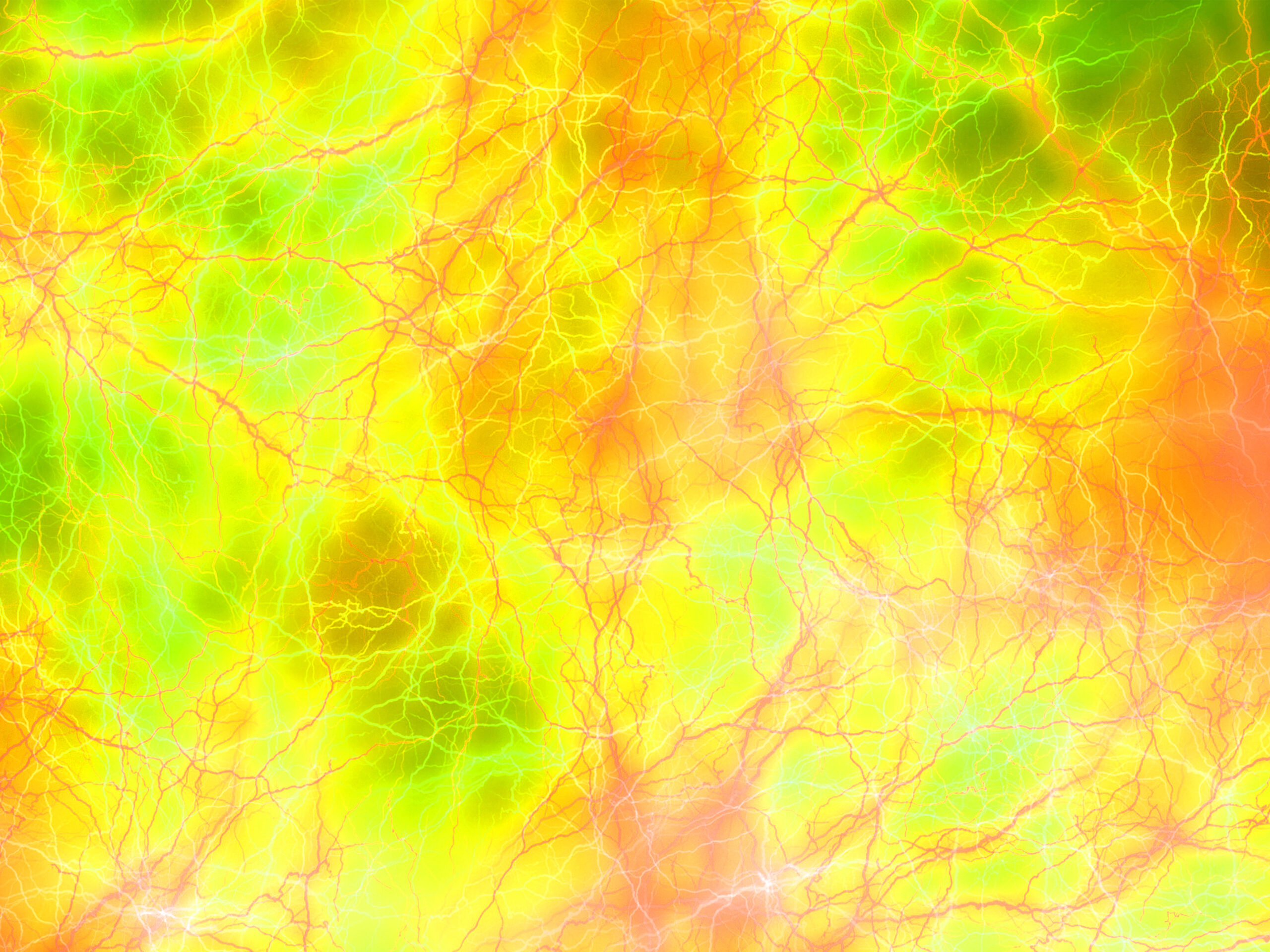🝖 Alchemical Symbol For Horse Dung
Ah, the alchemical symbol for horse dung! Let’s gallop into this steaming pile of esoteric wisdom, shall we? 🐎💩✨ Picture this: An alchemist, eyes wild with the fever of discovery,…
Mews derives from the French muer, ‘to moult’
A mews is a row or courtyard of stables and carriage houses with living quarters above them, built behind large city houses before motor vehicles replaced horses in the early twentieth century. Mews are usually located…









